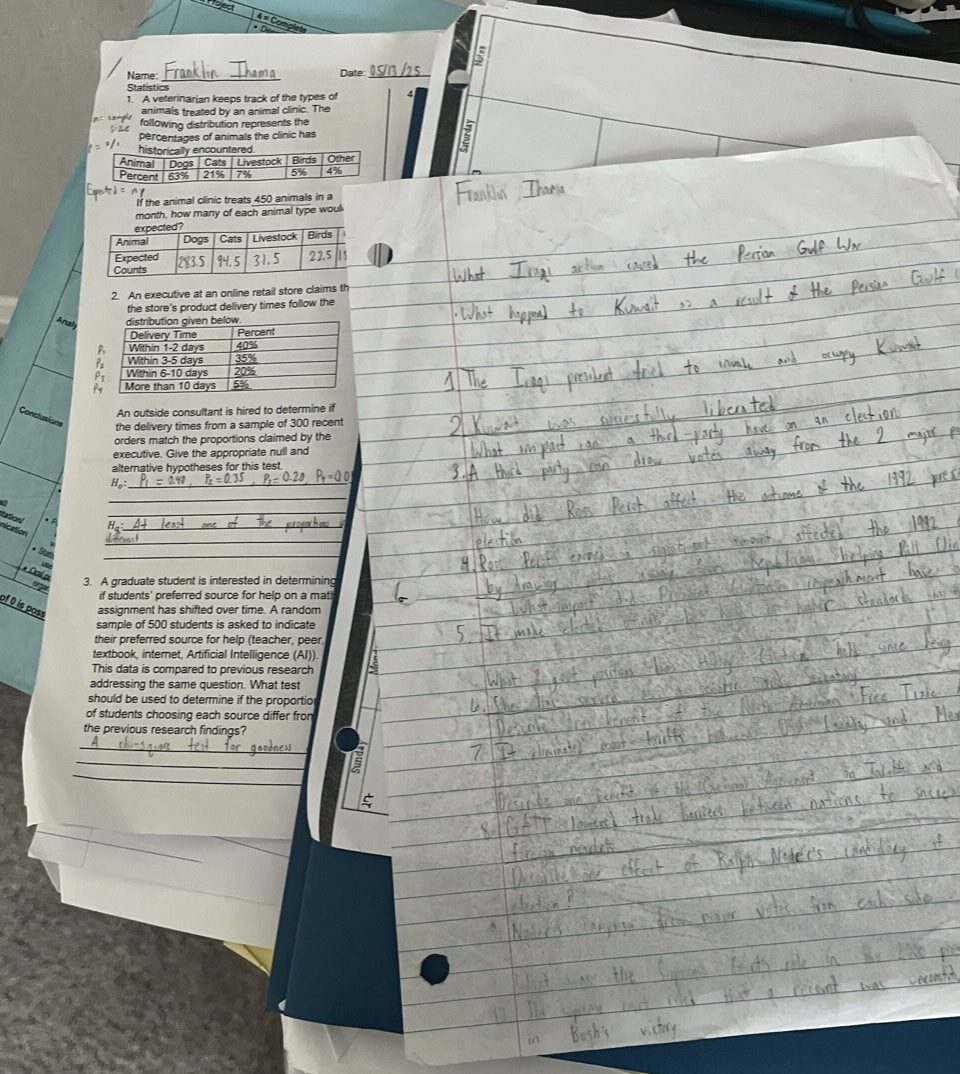Do students often suffer from a dip in grades and energy at the end of the school year? And if so, what can students do to prevent this from happening?
Nearing the end of the school year, most students are usually more tired, doing less work, and seem to be mostly checked out. Students spend more time on their phone and less time doing work. Due to this, grades fall and students tend to stumble over the finish line towards the end of the year.
This end of year slide is known as a “senior slump” or senioritis.
Senioritis is a scientifically proven phenomenon, which is a term for the “decreased motivation that seniors can experience as they approach the end of their studies,” according to Grand Canyon University. Symptoms include feeling burnt out, losing motivation and skipping or showing up late to classes.
“Students may give in to senioritis because they feel burned out from school,” states EBSCO. However, senioritis can have serious consequences such as rescinded offers, loss of financial aid in college, loss of course credits and possibly receiving disciplinary action from the school.
Seniors are the main victims of senioritis. According to Omniscient, “78 percent of seniors have admitted to having senioritis.”
Jontae Batts is a senior who is among the 78 percent. He is a reporter for the school newspaper The Fuel, and also deals with many other obligations in his life outside of school. He talks about how he feels exhausted from the challenges the school year has had and how this has affected his grades.
Batts was interviewed on his challenges this school year that have made him feel burnt out. He spoke about how having to pay bills and go to work a lot of days makes most days more difficult. “Waking up early for school… leaving school early to go to work, and then working all day… until like 12,” stated Batts. All these responsibilities added to taking AP English 4 and trying to balance a social life is exhausting for a high school student.
He then talked about his end of year struggles. When asked if his grades normally fall at the end of the year and if he feels very fatigued at the end of the year, he quickly answered “Yeah” to both questions. Senioritis affects students very often and Jontae Batts is an example of this.
Other students may just be burnt out from the grind of the school year. A case of this is sophomore Annie Mendoza, a writer for the school newspaper, The Fuel, and member of the Judson High School band and indoor percussion.
When asked about how her extracurriculars like band, percussion, and newspaper have made her days longer, Mendoza remarked, “At some points in the school year… I would get home… probably around 9 every single day, and then I’d also have events on the weekends.”
Mendoza also takes all AP and honors classes, so the curriculum and homework is considerably harder. This leads to even more time and energy being put towards her schoolwork, making her more tired.
“With the end of the year coming up I basically just want to sit back and relax, but AP tests are coming up. So all that reviewing and preparing for next year’s marching season, it’s just really kicking in,” Mendoza replied.
Fatigue at the end of the school year hits everyone. Most people feel burned out and feel like they are lacking the desire to do anything. However, a main goal for every student nearing the end of the school year should be to avoid senioritis and to keep their grades high.
According to SNHU, two of the best ways to prevent senioritis are to “study what interests you… [and] start thinking about your future.” Students are recommended to take electives they are excited and can get passionate about. Also, students are advised to think about the future and use whatever they will do in the future as inspiration to get through the final semester.
However, I believe that the best way to avoid senioritis is to just try your hardest to stay motivated and finish strong. Students should try to push through and use all the time spent in class being productive to finish out the school year keeping their grades up.

